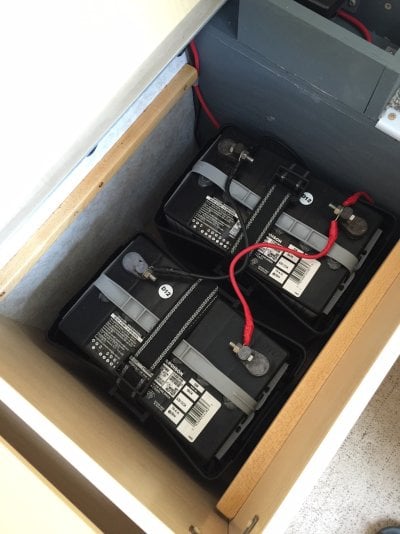wodpof
Member
I had the camper plugged into shore power and had the refrigerator on while I was spending the night in it in my back yard. Trying to figure how everything works before I take it on the road. The propane alarm went off in the middle of the night so I closed the propane valve, opened some windows and waited outside for the alarm to silent. The propane light extinguished so closed it up and went inside my house to get some sleep. When I opened it up hours later the propane and carbon monoxide alarm was beeping and it smelled like rotten eggs. I turned off the fridge, opened up the windows and turned off the fridge while disconnecting the shore power. After letting it air out for 15 minutes the alarm was off and the red lights were no longer illuminated.
What could be the issue?
What could be the issue?


